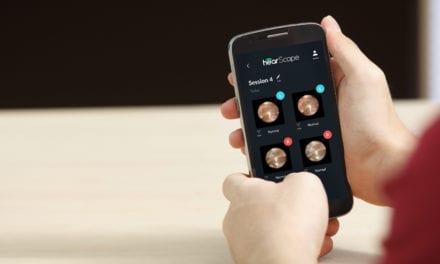According to new Tel Aviv University (TAU) research, one in four teens may be in danger of early hearing loss as a direct result of MP3 player listening habits. The research was published in the International Journal of Audiology and demonstrated clearly that teens have harmful music-listening habits
The research was led by Chava Muchnik, a professor at TAU’s Department of Communication Disorders, and involved two stages.
The first stage included 289 participants aged 13 to 17. They were asked to answer questions about their habits on personal listening devices (PLDs), specifically, their preferred listening levels and the duration of their listening.
In the second stage, measurements of these listening levels were performed on 74 teens in both quiet and noisy environments. The measured volume levels were used to calculate the potential risk to hearing according to damage risk criteria laid out by industrial health and safety regulations.
The study’s findings are worrisome, says Muchnik. She found that 80% of the study’s teen participants use their PLDs regularly, with 21% listening from 1 to 4 hours daily and 8% listening more than 4 hours consecutively. Taken together with the acoustic measurement results, the data indicate that 25% of the participants are at severe risk for hearing loss.
"In 10 or 20 years, it will be too late to realize that an entire generation of young people is suffering from hearing problems much earlier than expected from natural aging," says Muchnik. He added that those who are misusing MP3 players today might find that their hearing begins to deteriorate as early as their 30s and 40s, which is much earlier than past generations.
Muchnik recommends that manufacturers adopt European standards that limit the output of PLDs to 100 decibels. Currently, maximum decibel levels can differ from model to model, but some can go up to 129 decibels, she said.
SOURCE: Tel Aviv University


